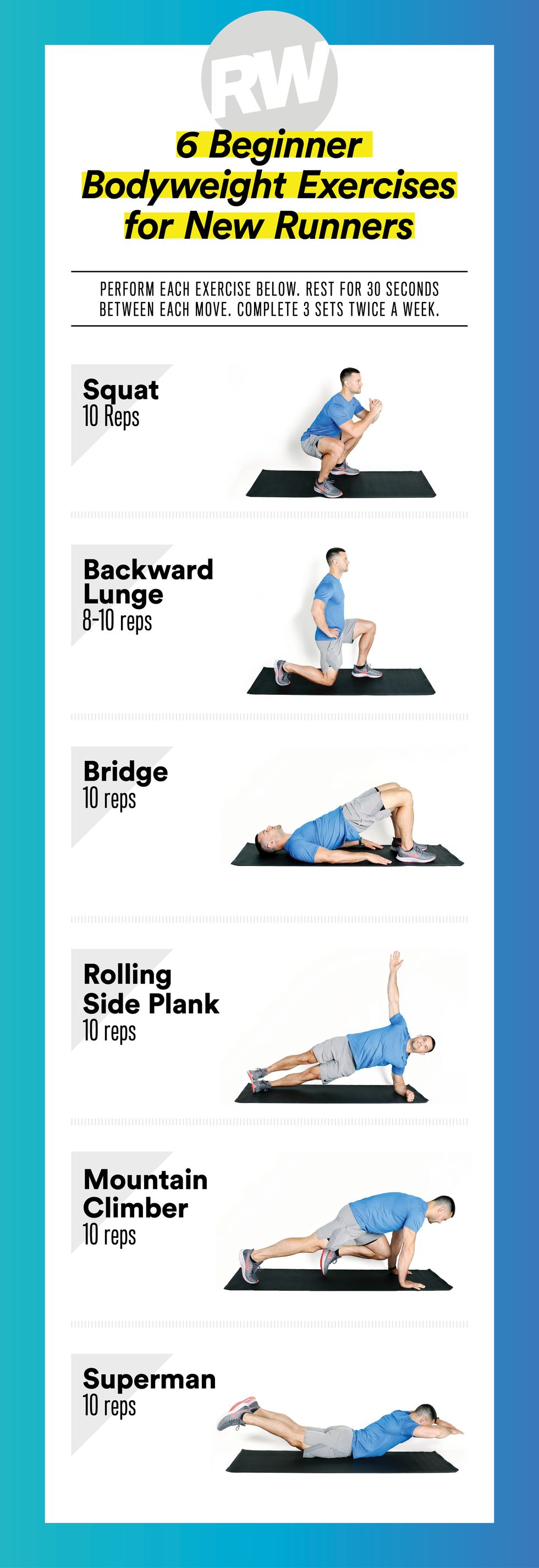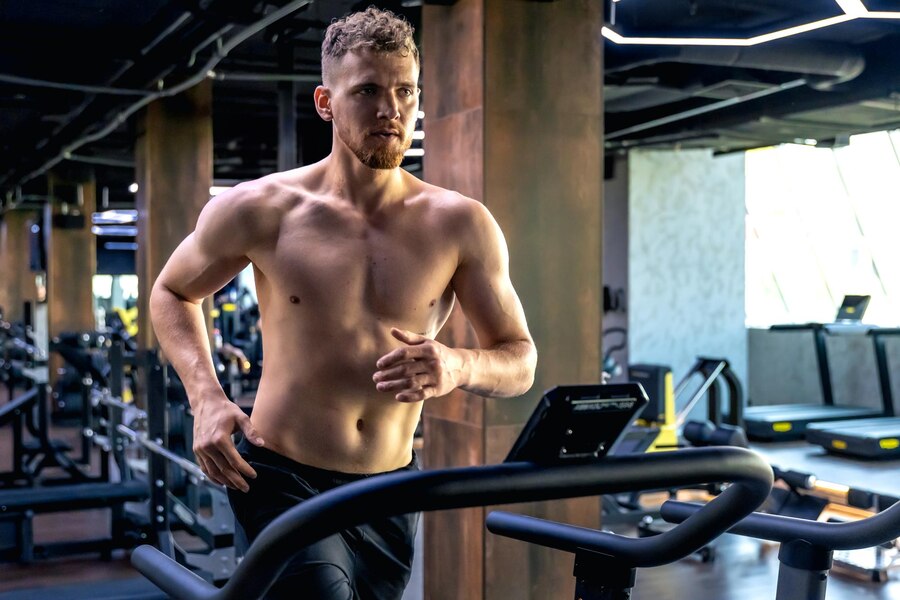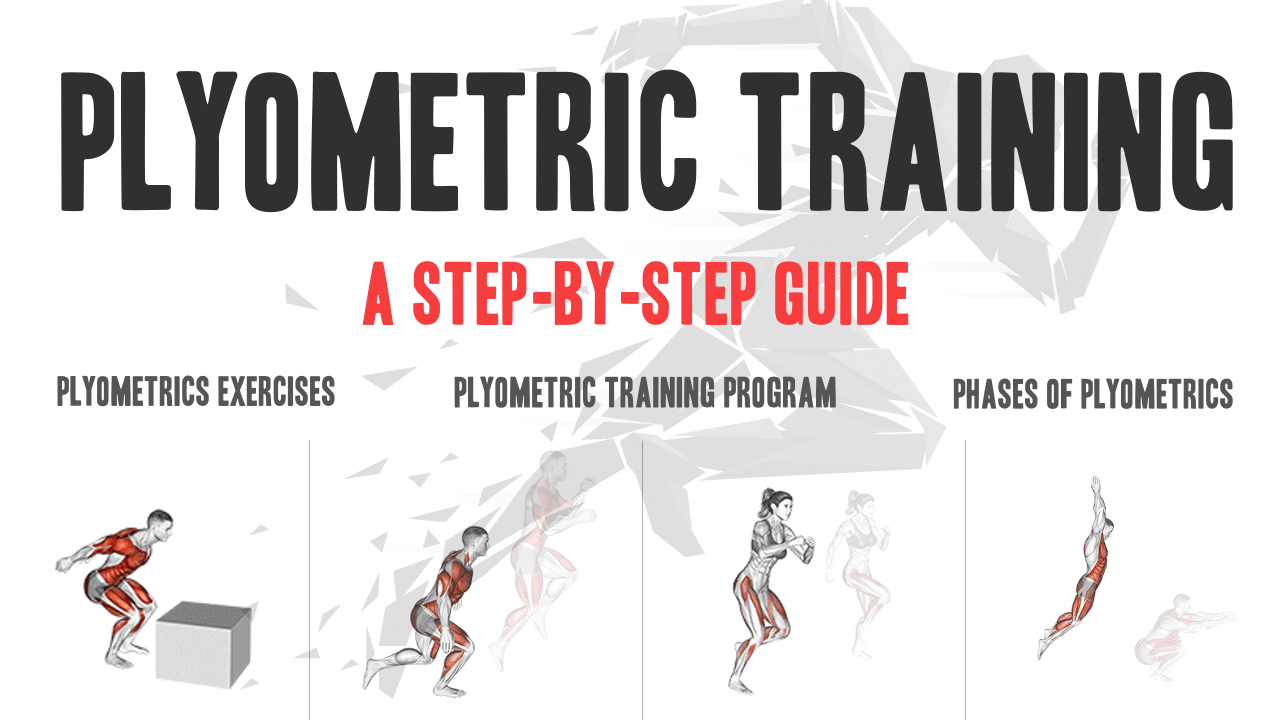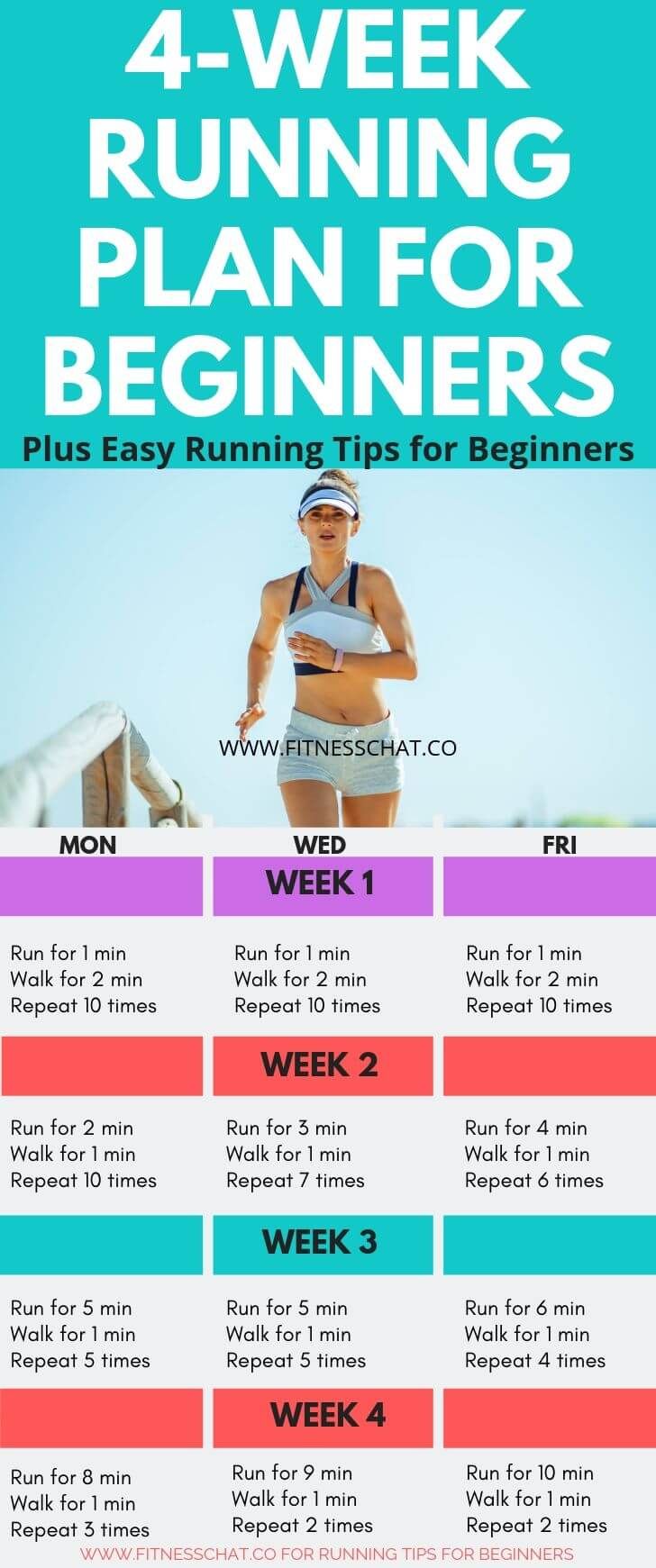Starting an exercise routine can feel daunting. But it’s simpler than you think.
Exercise for beginners is all about making small, consistent efforts. You don’t need a gym membership or fancy equipment to start. Simple activities like walking, stretching, and basic bodyweight exercises are great for beginners. The key is to move your body regularly and build a habit.
This blog will guide you through easy and effective exercises. You’ll learn how to start safely and gradually increase your activity level. By the end, you’ll have a solid foundation and feel more confident in your fitness journey. Let’s make exercise a fun and integral part of your life!

Benefits Of Exercise
Exercise offers numerous benefits that can improve your life. It’s not just about losing weight or building muscle. Regular physical activity can enhance your physical health and mental well-being. Let’s explore these benefits in detail.
Physical Health
Exercise strengthens your heart and lungs. It helps maintain a healthy weight. It reduces the risk of chronic diseases. Regular physical activity improves blood circulation. It can also boost your immune system. Exercise enhances muscle strength and flexibility. It promotes better sleep and increases energy levels.
Mental Well-being
Exercise reduces stress and anxiety. It releases endorphins that make you feel happy. Physical activity improves your mood and self-esteem. It helps combat depression. Regular exercise boosts brain function. It enhances memory and learning. Exercise provides a sense of accomplishment and improves overall mental health.

Setting Realistic Goals
Starting an exercise routine can be overwhelming for beginners. Setting realistic goals is crucial. It helps you stay motivated and track your progress. This section will guide you on setting achievable short-term and long-term goals.
Short-term Goals
Short-term goals are essential for immediate motivation. They offer quick wins and keep you on track.
- Start small: Aim for 10 minutes of exercise daily.
- Be specific: Set clear goals like jogging for 5 minutes.
- Track progress: Use a journal or app to log activities.
Here is an example of a short-term goal plan:
| Day | Activity | Duration |
|---|---|---|
| Monday | Walking | 10 minutes |
| Wednesday | Stretching | 15 minutes |
| Friday | Jogging | 5 minutes |
Long-term Vision
Long-term goals give you a bigger picture. They provide a sense of direction and purpose.
- Set a timeframe: Think about where you want to be in 6 months.
- Be realistic: Avoid setting goals that are too ambitious.
- Break it down: Divide long-term goals into smaller milestones.
Examples of long-term goals include:
- Running a 5K race in six months.
- Losing 5 kilograms in three months.
- Building muscle strength over a year.
Remember, setting realistic goals is about balance. It involves both immediate achievements and long-term vision. This approach ensures continuous motivation and success in your exercise journey.
Choosing The Right Exercise
Starting a new exercise routine can be overwhelming. With so many options, you may not know where to begin. Choosing the right exercise is crucial for your fitness journey. It ensures that you stay motivated and enjoy your workouts. Below are some tips on selecting the best exercises for beginners. These exercises are easy to start with and can be modified as you progress.
Cardio Options
Cardio exercises are great for improving your heart health. They also help you burn calories. Here are some beginner-friendly cardio options:
- Walking: Start with a 10-15 minute walk daily. Gradually increase your time and pace.
- Jogging: If you feel comfortable walking, try jogging for short intervals.
- Cycling: A low-impact exercise that is easy on the joints. You can cycle outdoors or use a stationary bike.
- Swimming: An excellent full-body workout that is gentle on the body.
Strength Training
Strength training helps build muscle and improve metabolism. It also strengthens your bones. Here are some simple strength training exercises for beginners:
- Bodyweight Exercises: These include push-ups, squats, and lunges. No equipment is needed, just your body weight.
- Resistance Bands: These are great for adding resistance without weights. Use them for bicep curls, leg lifts, and more.
- Free Weights: Dumbbells are versatile and perfect for beginners. Start with light weights and increase as you get stronger.
- Machines: Most gyms have machines designed for beginners. They guide your movements and reduce the risk of injury.
Choosing the right exercises can make your health and fitness journey enjoyable and sustainable. Start with these beginner-friendly options and build from there. Remember, consistency is key. Stick to your routine, and you will see progress.
Creating A Workout Routine
Starting a new exercise routine can be exciting and daunting. Having a structured plan helps you stay motivated and achieve your fitness goals. For beginners, it’s essential to create a balanced workout routine that includes various exercises. This will help you build strength, improve flexibility, and boost endurance.
Daily Schedule
Creating a daily schedule for your workouts is crucial. It ensures you stay consistent and make progress. Here’s a simple weekly plan:
| Day | Activity |
|---|---|
| Monday | Cardio (30 minutes) |
| Tuesday | Strength Training (Upper Body) |
| Wednesday | Yoga or Stretching |
| Thursday | Cardio (30 minutes) |
| Friday | Strength Training (Lower Body) |
| Saturday | Active Rest (Light Walk or Swim) |
| Sunday | Rest |
Adjust the schedule as per your convenience. Consistency is key.
Rest Days
Rest days are as important as workout days. They allow your body to recover and rebuild muscles. Without proper rest, you risk injury and burnout.
Here are some tips to make the most of your rest days:
- Listen to your body: If you feel exhausted, take a break.
- Stay active: Engage in light activities like walking or stretching.
- Hydrate: Drink plenty of water to keep your body hydrated.
- Sleep well: Aim for 7-9 hours of sleep each night.
Remember, a well-rested body performs better. It helps you stay on track with your fitness journey.
Essential Gear For Beginners
Starting a new exercise routine can be both exciting and challenging. Having the right gear can make your journey smoother and more enjoyable. This section will guide you through the essential gear for beginners to ensure you start on the right foot.
Clothing
Wear comfortable and breathable clothing. Choose moisture-wicking fabrics to keep you dry. Avoid cotton as it retains sweat. Proper-fitting clothes prevent chafing and provide better support.
Invest in a good pair of athletic shoes. Shoes designed for your activity type are crucial. They offer support and reduce the risk of injury. Running shoes are different from gym shoes. Select the right type for your workouts.
Equipment
Start with basic equipment. A quality yoga mat is essential for floor exercises. It provides cushioning and support. Resistance bands are versatile and easy to use. They help build strength without heavy weights.
Dumbbells are also a good investment. Start with light weights and gradually increase as you get stronger. A jump rope can add a fun cardio element to your routine. It’s affordable and effective.
Consider a water bottle to stay hydrated. Hydration is key during workouts. A fitness tracker can also be helpful. It monitors your progress and keeps you motivated.
Staying Motivated
Starting a new exercise routine can be challenging. Keeping the motivation high is crucial for beginners. It’s easy to lose interest or feel overwhelmed. By using some effective strategies, you can stay on track and achieve your fitness goals.
Tracking Progress
One of the best ways to stay motivated is by tracking your progress. You can keep a journal or use a fitness app. Record your workouts, including the duration and type of exercise. This helps you see how far you’ve come. It also highlights the areas needing improvement. Contact us at Waite and Sea Health and Fitness and we can send you a training routine record sheet.
Consider setting small, achievable goals. Celebrate each milestone. This could be as simple as completing a week of workouts or running your first mile. Recognising these achievements boosts your confidence and keeps you motivated.
| Week | Activity | Duration | Notes |
|---|---|---|---|
| 1 | Walking | 30 minutes | Felt good, no pain |
| 2 | Jogging | 20 minutes | A bit tired, but manageable |
Finding Support
Having a support system can make a huge difference. You can join a fitness class or find a workout buddy. This adds a social aspect to your routine. It also holds you accountable.
Online communities are another great option. Many forums and social media groups are dedicated to fitness.
At Waite and Sea Health and Fitness, we have a dedicated Health and Fitness Community specifically for like-minded people to help inspire and encourage each other. Here, you can share your experiences, ask for advice, and get encouragement. Sometimes, knowing others are on the same journey can be very motivating. Apply to join here
- Join a local gym or fitness club
- Participate in online fitness challenges
- Share your progress on social media
Remember, staying motivated is key to a successful exercise routine. Track your progress and find support. Keep pushing forward and you will see results.
Common Beginner Mistakes
Starting a new exercise routine can be exciting. Many beginners are eager to see quick results. Yet, this enthusiasm sometimes leads to common mistakes. These mistakes can cause injuries or burnout. Knowing what to avoid helps you stay safe and enjoy your workouts.
Overtraining
Many beginners think more exercise means faster results. This is a mistake. Overtraining can lead to injuries. Your body needs time to recover. Without rest, muscles can’t repair and grow. This can also lead to burnout.
To avoid overtraining, follow these tips:
- Exercise 3-4 times per week.
- Include rest days between workout sessions.
- Listen to your body and stop if you feel pain.
Skipping Warm-ups
Skipping warm-ups is another common mistake. Warm-ups prepare your body for exercise. They increase blood flow to muscles. This reduces the risk of injury. Warm-ups also improve performance.
Effective warm-ups should include:
- Light cardio for 5-10 minutes (e.g., jogging in place).
- Dynamic stretches (e.g., leg swings, arm circles).
- Movements that mimic your workout exercises.
Remember, taking the time to warm up can prevent many common injuries.
Tips For Success
Starting an exercise routine can seem overwhelming. You need the right tips for success. These tips will help you stay on track and achieve your goals.
Consistency
Staying consistent is key. Set a schedule you can stick to. Even small steps count. Aim to exercise at the same time each day. This builds a habit. Over time, it becomes second nature. Consistency yields results. Your body will thank you for it.
Remember, exercise is a habit, so is laziness…
Listening To Your Body
Your body knows best. Pay attention to how you feel. If you experience pain, stop. Rest if you feel tired. Pushing too hard leads to injury. Start slow and build up. Your body needs time to adapt. Celebrate small victories. They add up over time. Progress is progress, no matter how small.

Frequently Asked Questions
What Are The Best Exercises For Beginners?
Starting with walking, jogging, and bodyweight exercises like squats, sit ups, planking and push-ups is ideal. These exercises are easy to perform, require no equipment, and help build foundational core strength and endurance.
How Often Should Beginners Exercise?
Beginners should aim for at least 3 days of exercise per week. Consistency is key to developing a habit and seeing progress.
Do Beginners Need To Warm Up?
Absolutely yes, warming up is crucial for beginners. It prepares the body for exercise and helps prevent injuries. A simple 5-10 minute warm-up is sufficient.
How Long Should Beginner Workouts Be?
Beginner workouts should last between 20 to 30 minutes. This duration is manageable and helps build endurance without overwhelming the body.
Conclusion
Starting your exercise journey is a great step for your health. Consistency is key. Begin with small goals and gradually increase your efforts. Listen to your body to avoid injuries. Enjoy the process and celebrate your progress. Regular exercise will boost your mood and energy levels.
Stay motivated and remember, every bit counts. Keep moving and stay positive. You are on the right path to a healthier you.
Enjoy your health and fitness journey.
Waite and Sea -BECOME AMAZING






